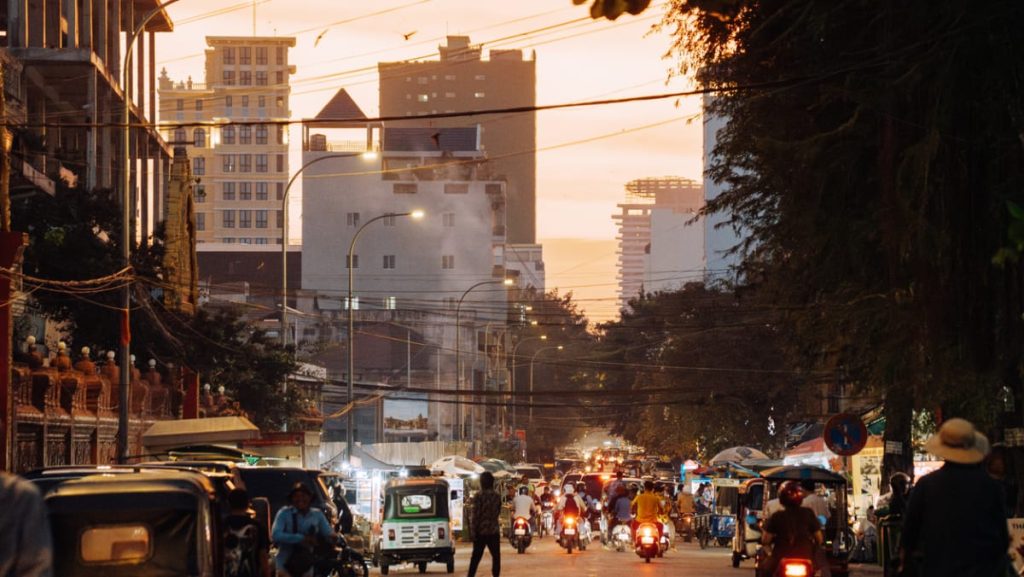The repatriation of thirteen Filipino women and three infants from Cambodia marks the culmination of a complex legal and ethical dilemma surrounding surrogacy. Detained in September and subsequently convicted of attempted cross-border human trafficking in December, the women were sentenced to four years imprisonment for their involvement in a surrogacy scheme. Cambodia, like several other nations in the region, outlawed commercial surrogacy in 2016 following a similar ban in Thailand the previous year. This move effectively shut down a lucrative industry that catered primarily to couples from Australia, the United States, and increasingly, China. The women’s release followed a royal pardon granted by King Norodom Sihamoni, paving the way for their return to the Philippines early Sunday morning. Upon arrival in Manila, they were transferred to a government shelter designed to support victims of trafficking, reflecting the precarious legal and social standing of individuals involved in such practices.
The Cambodian court’s ruling hinged on evidence suggesting the women intended to sell the babies to a third party in exchange for money, constituting an act of human trafficking under Cambodian law. While the court’s decision did not explicitly address the fate of the children, the repatriation of three infants alongside their surrogate mothers highlights the intricate human element intertwined with the legal aspects of the case. The remaining ten women are still pregnant, adding another layer of complexity to their situation and raising questions about the future of their unborn children. The incident underscores the legal ambiguities surrounding surrogacy, particularly in countries lacking clear regulatory frameworks. The Philippine government has acknowledged the existence of a legal grey area in its own legislation concerning surrogacy, which creates an environment susceptible to exploitation and abuse.
The case emphasizes the transnational nature of the surrogacy industry, often involving individuals from developing countries who are lured by the promise of financial gain. Cambodia’s crackdown on commercial surrogacy was prompted by concerns over exploitation and the potential for human trafficking. The sudden ban disrupted a system where prospective parents, many from wealthier nations, sought affordable surrogacy services. The demand for surrogacy, however, persists, particularly with China’s relaxed one-child policy fueling a surge in demand for children. Despite the legal risks, agencies in Cambodia continue to operate clandestinely, highlighting the challenges of enforcing the ban. The reported fees, ranging from $40,000 to $100,000, paid by couples, primarily from China, expose the significant financial incentives driving the illicit trade.
The Philippine government’s response to the situation reflects the complex challenges of addressing surrogacy-related issues. While acknowledging the illegality of surrogacy in Cambodia, the government has also highlighted the lack of clear legislation on the practice within its own borders. This legal vacuum exposes vulnerable individuals to potential exploitation and leaves them with limited legal recourse. The women’s placement in a shelter for trafficking victims underscores the government’s recognition of their vulnerability and the need for support and protection. The repatriation process, facilitated by the Philippine Foreign Ministry, involved diplomatic efforts with Cambodian authorities, secured by the royal pardon. This intervention highlights the importance of international cooperation in addressing cross-border legal and social issues like surrogacy.
The Cambodian government’s ban on commercial surrogacy in 2016 followed a regional trend, mirroring similar legislation in neighboring Thailand. This move was prompted by a growing international concern over the ethical implications of commercial surrogacy, including the potential for exploitation of surrogate mothers, particularly those from vulnerable socioeconomic backgrounds. The ban aimed to curb the practice of “reproductive tourism,” where individuals travel to countries with less restrictive laws to access surrogacy services. Despite the ban, the demand for surrogacy services persists, driven by various factors, including infertility, changing family structures, and the desire for genetically related children. This enduring demand creates a black market for surrogacy, where agencies operate discreetly, connecting prospective parents with potential surrogates.
The case of the thirteen Filipino women sheds light on the precarious position of surrogate mothers, caught between the legal complexities and ethical ambiguities surrounding the practice. Facing criminal charges in a foreign country, these women represent a vulnerable population often compelled by economic hardship to engage in surrogacy. The lack of clear legal frameworks in both the Philippines and Cambodia contributes to their vulnerability, making them susceptible to exploitation by unscrupulous agencies and intermediaries. The royal pardon offers a reprieve, allowing them to return home and access support services. However, it also underscores the urgent need for comprehensive legal and policy frameworks to address the complex issues surrounding surrogacy, protecting both the rights of surrogate mothers and the welfare of children born through such arrangements.

